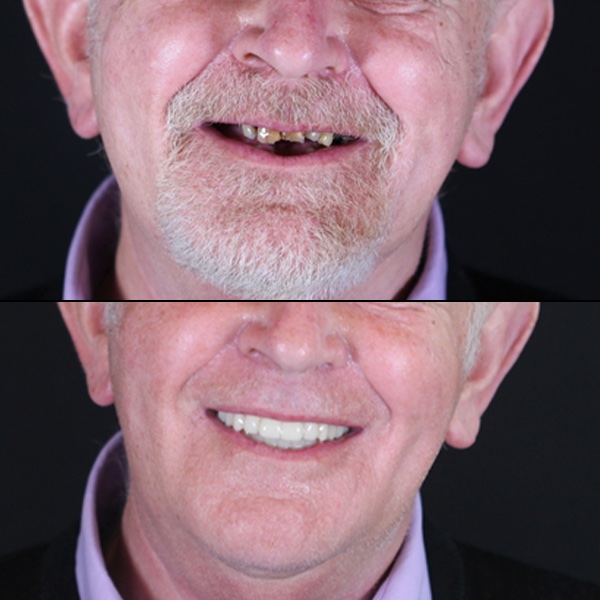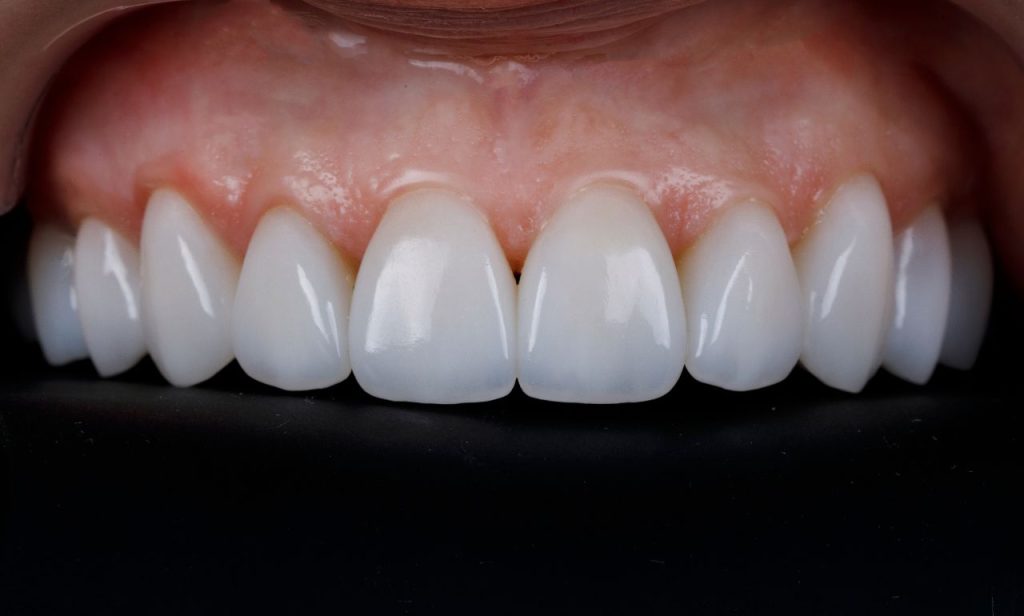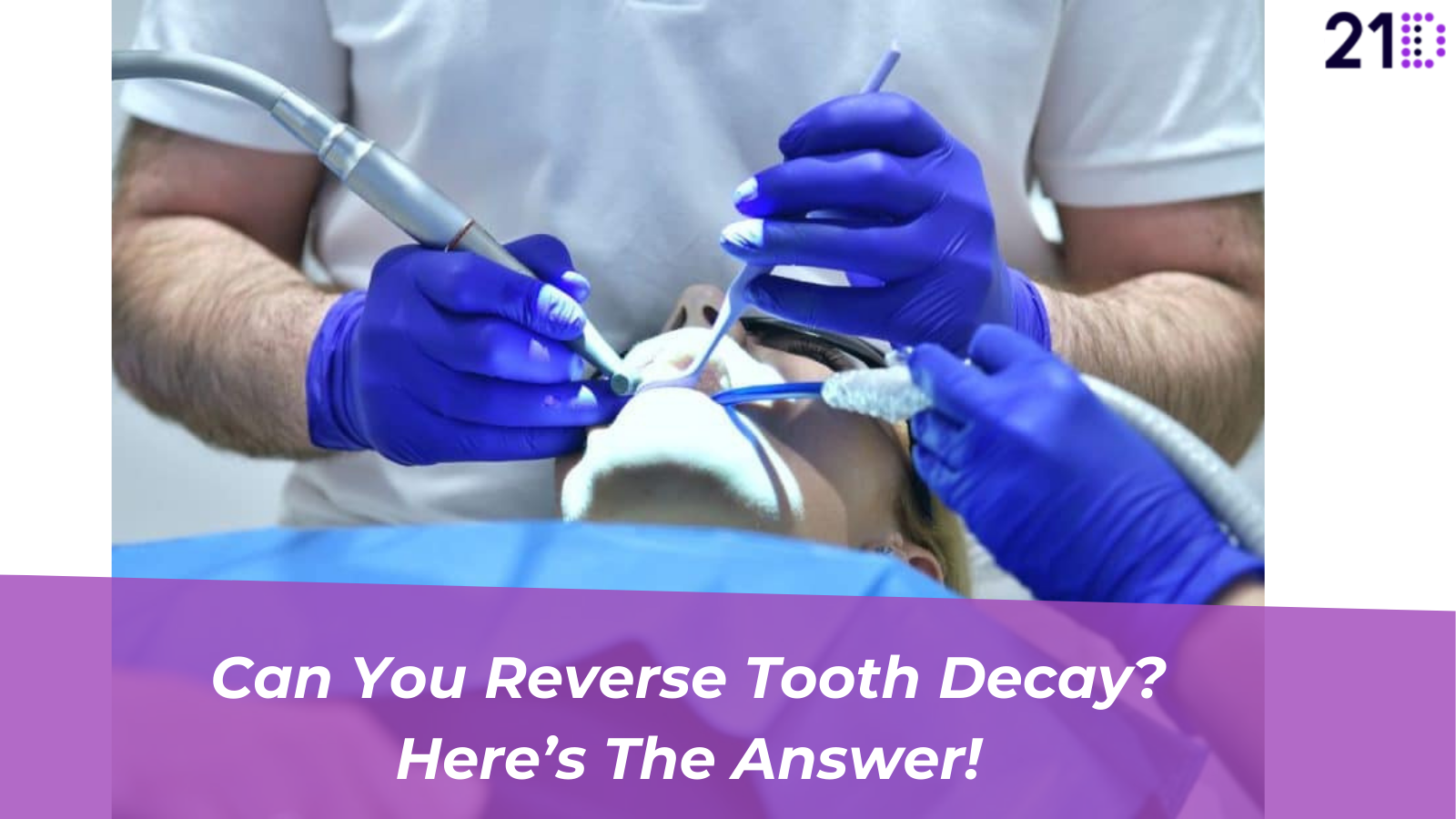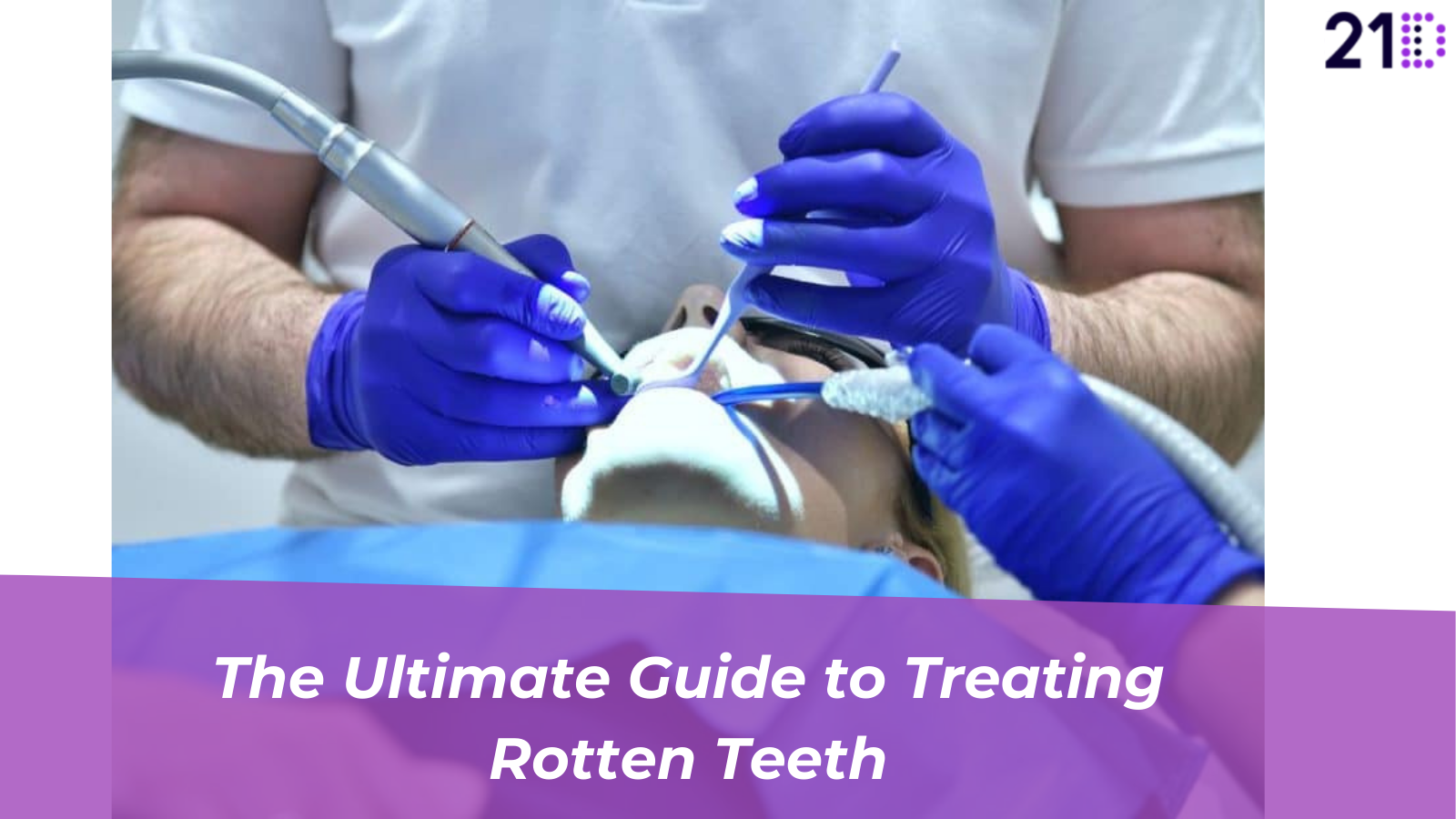In the modern world, we have given immense importance to a person’s appearance and presentability, which sometimes surpasses that person’s inherent talents. Having inherent potential ought to be backed by a graceful way of presenting it before society to make a natural claim on an opportunity.
One of the most critical aspects of presentability is having a healthy ‘smile’, which emerges from well-maintained oral health. In this article, two of the most popular methods of enhancing oral aesthetics, veneers vs implants, are put forth in a comparative and analytical form, which helps you choose the proper oral treatment for yourself.
What Are Dental Implants?
Before we discuss dental implants vs veneers, let’s explore the fundamentals of dental implantation. This surgical procedure involves replacing a missing tooth (or teeth) with a personalised artificial crown that looks and feels like natural teeth. It also functions similarly to the lost tooth.
The implantation process is typically divided into three steps requiring multiple appointments. First, a small titanium post is implanted into the jawbone to serve as a root for the crown. Next, an abutment is installed to connect the implant and the crown. Finally, a customised fake tooth, known as a crown, is attached to the abutment.
The crown is the implant’s only visible part and provides aesthetic and functional benefits. Dental implantation is a superior teeth replacement method due to its durability, functionality, and natural appearance.

“Dental implants are more than just cosmetic enhancements; they’re foundational supports that mimic the natural structure of our teeth.” – Dr. John Doe, Renowned Dental Surgeon.
So, to get this natural appearance at a pocket-friendly cost from industry experts, book your free assessment today at 21-D.
Pros Of Dental Implants
In this beat of veneer vs implant, let us try to understand some of the excellent benefits of dental implants. Here are some of the most sought-after benefits of dental implants, which offer numerous advantages:
Celebrating a Long-Lasting Smile
According to research on tooth implant pros and cons and oral health, Titanium dental implants have a success rate of around 97% for over ten years. A report published in 2021 studied 10,871 dental implant samples spanning 22 years and found survival rates of 98.9% at three years, 98.5% at five years, 96.8% at ten years, and 94.0% at fifteen years. These studies and opinions confirm that implants are a more dependable treatment than other alternatives.
Replicating the Original, Feeling Natural
Implants are an excellent option for replicating the appearance of a natural tooth. The crowns (fake teeth) that stand up straight with the support of dental implants are more than just natural. A 2016 study report from Sweden confirms that among the 400 samples of people with dental implants, 94% are satisfied and confident with the aesthetics of their implant. It has been observed that a dental implant is just near to the oral comfort that a natural tooth would provide.
Speaking, Chewing, and Smiling Naturally
Dental implants overcome the problems of speech patterns and chewing ability that people undergoing different dental treatments complain about. A 2019 study report concluded with a satisfactory improvement in the speech of 32 people, with 5-6 mini-implants facing problems pronouncing the sound of ‘s’. This was a sheer perk of dental implant treatment as it fixed the gaps between the teeth and directed the sound-producing air properly.
What Are Dental Veneers?

As we are discussing implants vs veneers, now let us understand the fundamental structure of veneers. A veneer is a thin shell made from porcelain or composite resin that is fitted over the surface of teeth to correct specific tooth flaws and avoid replacing the entire tooth. Several teeth flaws like chipped, cracked, stained teeth, closing gaps, and irregularly shaped or misaligned teeth could be corrected with the help of veneers. They are often used to enhance the aesthetics of an injured tooth by mimicking its original colour and appearance. A veneer also provides you with a protective layer for your teeth to prevent it from damaging.
Pros Of Dental Veneers
Let us now understand the different benefits of veneers to get a better idea of the matter of dental veneers vs implants :
Oral Aesthetics, Better Presentability
Veneers provide a visually appealing aesthetic to a flawed, stained, or chipped tooth. As veneers are usually customised to match the original tooth, they provide likely comfort as near to a natural tooth. Enhanced colour and well-shaped, perfectly sized veneers aid overall oral presentability.
Some teeth that are stained, damaged, or decolourised due to environmental factors, heavy coffee consumption, or tobacco use are restored with a thin porcelain coating or composite resin with veneers. This makes the damaged teeth look healthy and renders a pleasant smile to the user.
Minimal Alteration, Maximum Restoration
Many therapeutic techniques, such as dental crowns, dental bonding, etc., require a lot of tooth modification processes, which could be tiring for an individual at times. Veneers give out maximum outcomes for the desired results involving minimal tooth alteration.
With a minimised amount of enamel removal, veneers aid in preserving a sufficient amount of the original tooth structure, as the natural enamel can’t regenerate a tooth once lost. Veneers produce the best natural-looking results by providing better integrity between the natural tooth and itself, with a nominal need for tooth alteration.
Resisting Stains, Ample Gains
The inherent characteristics of dental veneers make them immensely stain-resistant. The two main types of veneers, viz. porcelain and composite resin, are designed and polished to prevent damaging and staining chemicals from sticking to their surface, which has an incredibly smooth texture.
This gives the user a long-lasting, stain-free smile, saving them time, effort, and expenses for maintaining the same. However, maintaining good oral hygiene plays a vital role in keeping this inherent quality of the veneers in its best performing capacity.
What’s The Difference Between Veneers And Implants?
In this segment, let us quickly take an overview to understand the difference between veneers and implants:
Dealt Issues
This is the most significant difference, which needs the user’s attention to determine the best method for their teeth issues. Dental veneers are often used when an individual possesses a healthy set of teeth, but their possession isn’t aesthetically pleasant or presentable. Veneers have no relevance to improving the functionality of the teeth. They are just used for visually beautifying your smile and making it presentable in the best possible way for your oral cavity.
On the other hand, dental implants are a whole new player in the game, which replaces the older player with a severe injury or dysfunctionality. Dental implantation is all about replacing the original tooth and providing an identical look and comfortable functions just like an original tooth. Dental implantation is helpful in case of eroding gums or bone loss.
Material Matters
There are two main categories of dental veneers based on the material used in their manufacturing: thin porcelain and composite resin. Although durable, they cannot be considered an option or replacement for a tooth. This makes veneers an appearance-oriented teeth beautification solution.
Dental implants are mostly titanium, resulting in seamless bonding with the jaw bone and not irritating. Dental implants can be easily seen as a complete replacement for a damaged tooth or teeth.
Distinct Durability
A porcelain veneer’s average life is between 10 and 25 years, and that of a composite resin veneer could be determined near 4 to 8 years. In rare cases, some veneers go beyond 25 years before replacement.
On the other hand, dental implantation is a solution expected to last a lifetime. Being a permanent replacement of a lost tooth, as long as the oral hygiene is intact, dental implantation has a rare chance of being required to be replaced.
Dental Veneers Vs Implants: Which Is Perfect For You?
So, did you decide what method suits your desired ‘smile’? Veneers or implants? If you haven’t, here are a few points that may help you in getting to your decision:
Self-assessment of damage
As mentioned earlier, veneers are often a quick fix for a slight crack or a chip and wouldn’t be helpful in a severe tooth issue, requiring a complete replacement, unlike implants. It is essential to analyse the extent of your oral damage and determine whether your ‘smile’ needs a temporary and quick aid or a long-lasting permanent solutional treatment is necessary to regain your oral confidence.
Functional Needs
Is your problem just a visually unpleasant set of teeth, or is it a serious inefficiency of your teeth to perform essential functions like biting, chewing, talking and smiling? Identifying the extent of functional efficiency or inefficiency of your teeth could be a significant criterion for deciding whether to use a veneer or surgically execute a dental implantation for yourself.
Time Permissions
As veneers provide you with a beautiful, visually appealing smile with less tiring procedures, unlike dental implants, which take a long time before they start performing, you need to assess your availability and get permission from your schedule to choose which method you should go with. Veneers are perfect for quick and efficient results, whereas dental implants are a bit long but it’s a permanent solution to build a your efficient and beautiful smile.
Choose 21D, Let Go All Your Worries
If you are looking for a more permanent and long-lasting solution you should go for full-mouth dental implants from 21D. The biggest issue people have with dental implants is that it is time time-consuming process, but we at 21D can fix your smile in a day. Here are few more reasons why 21D can serve you better:
- Unique Computer-Guided System: 21D uses a unique computer-guided system, allowing faster implantation and shorter surgery times. This can benefit patients by reducing their discomfort and recovery time.
- Experienced Team: The team at 21D is experienced in dental implant procedures. They are qualified and have a proven track record of success.
- Financing Options: 21D offers a variety of financing options to make dental implants more affordable for patients.
- Excellent Customer Service: The clinic is committed to providing its patients with excellent customer service, and they offer several support services to help you through your treatment journey.
So, if you are ready to have a bright smile on your face, book a free session at 21-D today!
Conclusion
As we conclude this discussion on veneers vs implants, a quick revision would help you choose the best oral treatment for yourself. Veneers are a quick solution for your minor dental problems of chipped or cracked teeth, and they provide you with a visually appealing and ‘customised stain-free smile’ with minimal alterations and procedure time. Dental implantation is a perfect solution for oral severe issues wherein a complete replacement of the original tooth is required, providing identical functions and comfort to the user; however, this comes with a bit longer procedure.
FAQs
In dental treatments, what’s the difference between veneers and implants?
Thin coverings and veneers are applied to teeth to enhance their appearance by concealing imperfections such as discolouration, fractures, and misalignment. Dental implants serve as synthetic tooth roots surgically placed into the jawbone to replace missing teeth, restoring functionality and aesthetics.
Are Veneers and Dental Implants permanent solutions?
Veneers have an average lifespan of 10 to 15 years and must be replaced. Meanwhile, dental implantation can last a lifetime in a scenario where proper oral hygiene is maintained. Consulting your dentist before choosing a method is, however, very important.
Do Veneers or Dental Implants involve surgery?
Veneers offer a non-surgical and minimally invasive approach to address cosmetic dental issues without requiring significant enamel removal. On the other hand, dental implants require a surgical procedure to attach them to an artificial tooth root. Deciding a method for yourself based on the dentist’s advice and self-assessment of oral needs is essential in both cases.
What is the best oral treatment solution if it’s dental veneers vs implants?
A full-fledged dentist prescription of advice after a thorough check-up, self-assessment of your oral health, problems and needs, and various criteria mentioned in the above article will help you find the answer to this question on your own.




